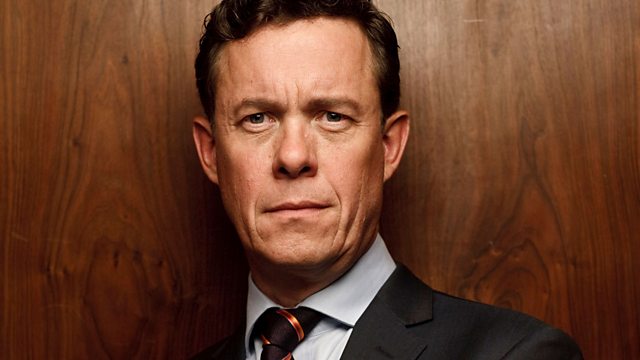
Monsieur Voltaire and Mr Gibbon
Monsieur Voltaire and Mr Edward Gibbon, famous for The Decline and Fall of the Roman Empire, both railed against organised religion.
Richard Cohen examines the storytellers of the past, how they worked and how their writings still influence our ideas about history.
Who were the historians who changed the way history is written? How did their biases affect their accounts? Is there such a thing as objective history?
The series explores lives and works from the Greek historian Herodotus, through the great Roman historians Tacitus and Livy, with their great epic stories of war and plagues, all of them inventing stories to be more reader friendly, and then moving through Arab and Islamic writings, to the medieval historians like Bede and Geoffrey of Monmouth – the latter famous for his economy with the truth, in other words, making it all up.
The great Italian Niccolo Machiavelli became a historian by accident, Voltaire and Edward Gibbon changed the way history was written, breaking away from a God centred universe. Then there's the Red historians from Marx (always in debt and crippled by boils on his skin) to Eric Hobsbawm, the emergence of female historians, and false accounts of history.
Episode 5
Monsieur Voltaire and Mr Gibbon. These two, their lives overlapping, changed the way history was written, denigrating organised religion. The Frenchman was self promoting, always in trouble, a leading controversialist. His History of Charles XII was a bestseller and, in his old age, he lived on his country estate, running a weaving business and a watch making business. The Englishman Edward Gibbon, only 4 feet high, ugly and afflicted with gout, is famous for The Decline and Fall of the Roman Empire - still a classic today.
Author: Richard Cohen
Abridger: Libby Spurrier
Reader: Alex Jennings
Producer: Celia de Wolff
A Pier production for ���˿��� Radio 4
Last on
Broadcasts
- Fri 18 Mar 2022 09:45���˿��� Radio 4 FM
- Sat 19 Mar 2022 00:30���˿��� Radio 4
